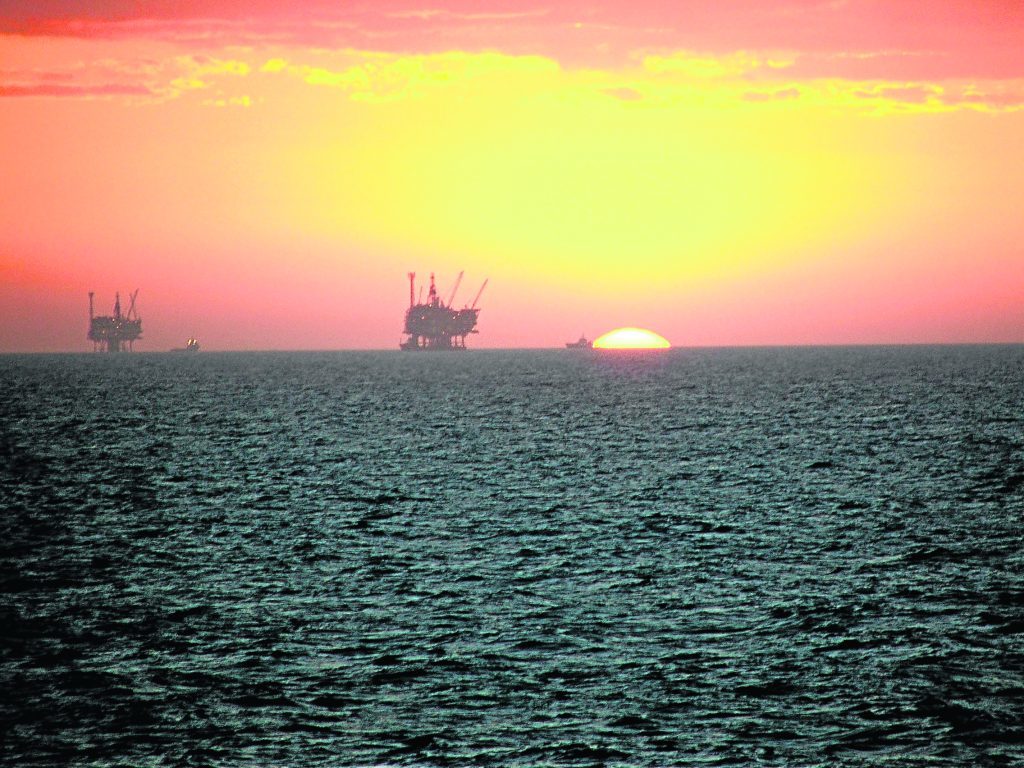
This has been the year in which future prospects for the North Sea have acquired a realistic perspective – and it is by no means all bad news. As the months have rolled by, the message to the world has been that the industry will be alive and producing for quite some time yet.
Before that, we had gone through the period of false optimism – engendered by the independence referendum in 2014 – to paint a picture in which oil continued to fetch $115 a barrel. We all knew it was a fairy story but it was one which ill-prepared the industry for what was to follow.
In terms of doom and gloom, the pendulum then swung too far the other way. With the price going below $40 at some points, the new conventional wisdom was in danger of becoming that the North Sea was past its sell-by date. It was a prognosis which seemed to be supported by the loss of tens of thousands of jobs in the sector.
Gradually, however, the narrative has become more balanced and therefore quietly optimistic. There has been a shake-out and perhaps a necessary corrective in terms of costs which went down by fully one-third per unit between 2013 and 2016. Closer working between operators and supply chain has worked to the advantage of both.
The big players have reviewed their assets and decided in some cases that this is indeed a good time to dispose of them. But the upside has been that there is no shortage of buyers.
There has also been no lack of interest in the awarding of new licences. When Ineos acquired the dominant interest in two field West of Shetland exploration areas last month, it was reported that there were 174 bidders.
What has become clearer over the course of the past year is that, rather than a crash, we have been going through the predictable stages of a cycle. The good times never last for ever and once circumstances change, companies make their own commercial decisions while new kids on the block become alert to opportunities.
Much the same thing happened in the late 1990s when the oil price slumped. I find it quite nostalgic to see companies like Nexen and Apache now regarded as veterans of the North Sea, with their own longer-term decisions to make, since I recall them as exciting new entrants from that last period in which this point in the cycle was reached.
I well recall from my time as energy minister the early contacts with Apache about taking over the Forties Field which was then supposed to be on its last legs and of no continuing value to BP, who sold it in 2003. Apache carried out a complete reassessment of its remaining potential and the rest is history. It’s a story that proves the importance of bringing in newcomers with fresh perspectives and expectations.
One positive outcome from the events of the past few years is that the success of the industry is no longer measured in tax revenues. Neither can these be used as the basis of political hypothesis. Quite simply, the days of the North Sea yielding big bucks for the Treasury are in the past and are not going to re-emerge.
The net revenue for the Treasury from the North Sea in 2016-17 was virtually zero and is expected to reach 0.7 billion in the current year, even with an average nine-dollar increase in the price per barrel between the two years. In some ways, it is no bad thing that it is no longer the Treasury that has the strongest vested interest in the industry.
Instead of being treated as a cash machine for the Treasury, it should be promoted primarily as a key provider of employment, critical to the country’s industry and exporting. There are still around a quarter of a million livelihoods dependent on our offshore industry and every piece of positive news improves the prospects for that kind of number to be maintained.
In order to achieve that, it is vital that government plays its part by adapting to the new environment and recognising that where, for so long, there was a great deal of “take”, there now has to be as much “give” as is required to create optimum conditions for the new era and, particularly, for smaller and more nimble players to enter the arena.
This was recognised in the recent Budget when the chancellor announced that the tax history built up by the operators of North Sea fields should be transferable to any new operator taking them on. In other words, the incoming operator should not be deterred by the prospect of decommissioning costs which the existing operator would have been hedged against.
That is no more than common sense although it has emerged as a demand from the industry only in quite recent times. It is to the credit of the chancellor that he has responded quickly and also encouraging to the North East and the industry that its messages now seem to be getting through.
More new players and increased activity will lead to higher tax revenues, so that it is really a virtuous circle which, hopefully, the “detail to follow” from the announcement will reinforce in the months ahead.
So as a year of transition ends, there is plenty to be encouraged by and look forward to as well as wring hands over.
The North Sea industry will continue to evolve but both the level of interest and the incentives for success will ensure that it is with us for a very long time to come. That’s now the message to communicate to the wider world.
Recommended for you
